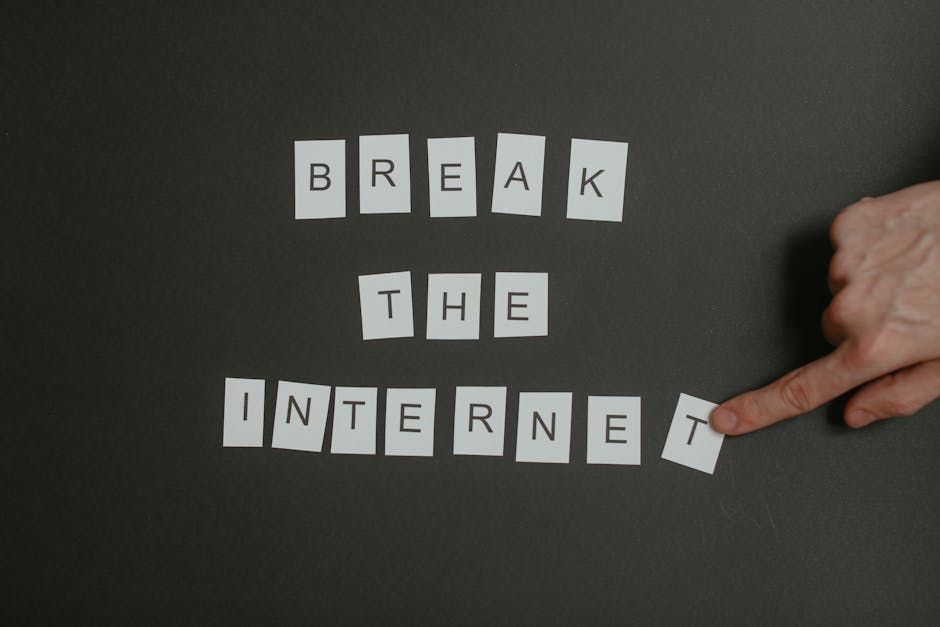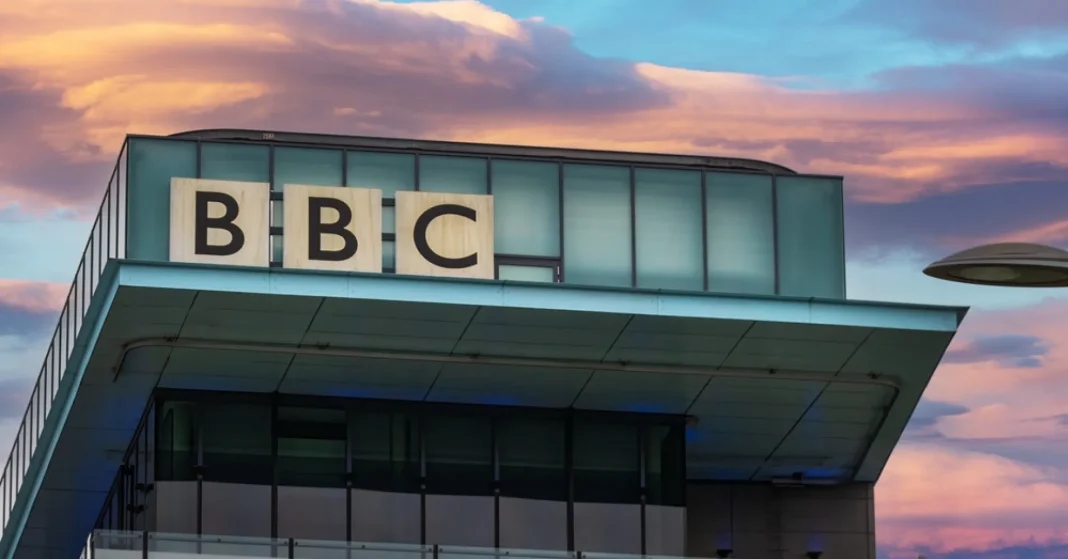In recent years, an increasing number of households in the United Kingdom have begun to refuse paying the BBC’s license fees, raising debates about the future of public broadcasting funding. This trend reflects a growing dissatisfaction with traditional models of media consumption, as viewers turn towards alternative streaming platforms.
Understanding the BBC License Fee

The BBC license fee is a mandatory charge for every household that watches live television broadcasts in the UK, funding the organization’s diverse programming. Set by the government, the fee has historically been a cornerstone of the BBC’s revenue model, enabling it to deliver a wide array of content without commercial interruptions. However, the rise of digital streaming services has led many to question the necessity of this traditional payment model.
With the expansion of on-demand and online media options, audiences are increasingly drawn to platforms where they can customize what, when, and how they watch content. This shift in viewership behavior raises significant concerns about the long-term sustainability of the license fee.
Growing Refusal to Pay

Studies have revealed a notable uptick in households refusing to pay the BBC license fee. Reasons for non-payment are varied; some people argue that they no longer watch live broadcasts, while others criticize the perceived lack of value in the institution’s offerings. Additionally, some viewers are simply unaware of their obligation to pay the fee, often assuming that online viewership exempts them from the charge.
This movement poses financial challenges to the BBC, potentially affecting its ability to produce quality content. The increase in refusals spotlights the need for the broadcaster to reassess its funding model and address public dissent.
The Impact on the BBC

As the refusal to pay fees grows, the BBC faces potential budget shortfalls. This financial strain could impact its ability to produce diverse and high-quality programming, ultimately affecting the rich cultural and educational materials that audiences have come to expect. Additionally, debates about the license fee fuel discussions about the BBC’s role in a modern media landscape.
The organization must now navigate the delicate balance of maintaining its public service mandate while adapting to changing viewer habits. This calls for creative solutions and potential reforms in funding and content delivery.
Possible Future Reforms

In response to these challenges, there have been discussions about potential reforms to the BBC’s funding model. Some propose a subscription-based service similar to popular streaming platforms, thereby directly aligning revenue with user engagement. Others suggest a reformation of the license fee criteria to better align with modern media consumption patterns.
The future of the BBC’s funding is likely to involve a combination of traditional and innovative models, aiming to sustain the broadcaster’s mission while adapting to competitive pressures and evolving audience behaviors.
The ongoing debate surrounding the BBC license fee reflects broader shifts in media consumption and raises essential questions about the future of public broadcasting. As the BBC explores ways to remain relevant, it must remain open to feedback and innovation to ensure its viability for future generations.
Source: Official BBC website.





